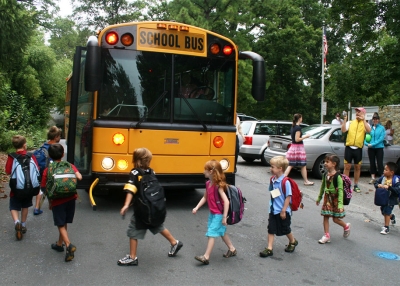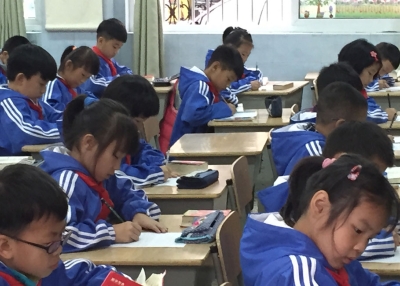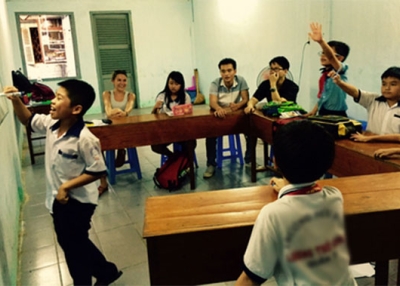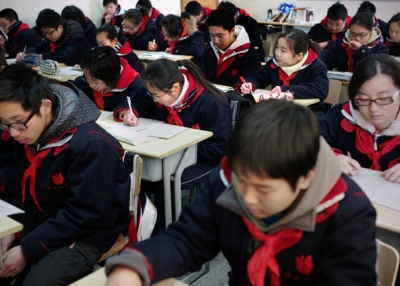Improving Performance of Low-Achieving and Culturally and Linguistically Diverse Students
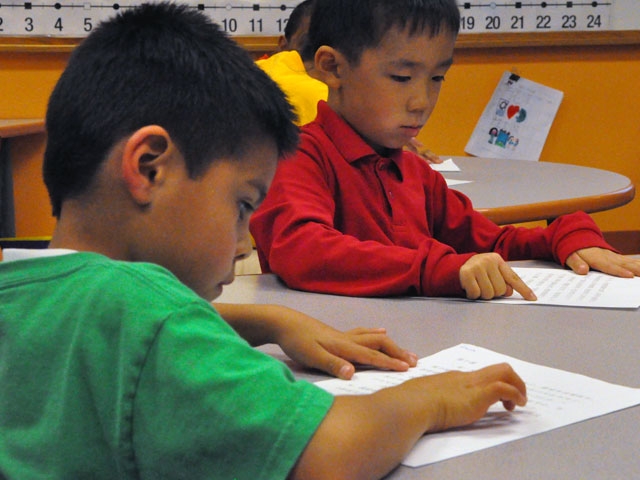
Chicago, Denver, Seoul, Shanghai, and the EdVisions charter network are very different from each other in many ways—size, diversity, poverty levels, institutional structures and political processes. Yet they share a common focus on trying to reduce achievement gaps so that all students, no matter what their background, can have a successful school experience. In every system around the world, it is still the case that students who grow up in the wrong circumstances, or do not speak the dominant language, or have different skin color from the majority are more likely to have poor educational outcomes. There is still much work to be done to produce truly equitable school systems.
This is not to say that schools alone can solve larger social problems of poverty and inequality. These problems were not created in schools and will not be solved by schools. But it is equally fair to say that some schools and systems address these differences much more successfully than others. In every system, schools with similar demographics can have quite different outcomes. OECD data show that countries also vary greatly in the proportion of students from disadvantaged backgrounds that are successful in schools. In reality we do not know what the potential is for schools to reduce the impact of social disadvantage. Comparative studies such as this one help everyone learn from looking at others what might be possible in our own settings as well—not by adopting others' practices uncritically, but by thinking through what others have done successfully that might be emulated in a way appropriate to a different setting. The possibilities can be shown by some of the efforts being made in each city:
- Chicago is focusing on helping principals take a stronger role as instructional leaders who can galvanize a staff and community around effective teaching and learning for diverse young people.
- Denver is systematically addressing the teaching of English as a Second Language to improve outcomes for its rapidly growing Hispanic population.
- The EdVisions charter school network is helping schools stay focused on the broader goals of education rather than succumbing to a narrow agenda of test preparation.
- Seoul has made systematic efforts to increase school and community supports to students in neighborhoods with higher poverty levels.
- Shanghai has partnered more and less successful schools so that they can assist and learn from each other.
Of course these are not the only efforts each of these systems is making. Indeed, most of them are using a wide range of strategies, which in turn raise three important questions for systems to think about:
- To what extent are strategies well-grounded in evidence of effectiveness, so that we are not wasting time on things that may look appealing but are not effective? In general the research evidence in education is not well linked to policy and practice decisions.
- To what extent is the overall strategy in each system coherent and consistent so people in schools do not feel that they are being pulled in multiple directions? Systems may have many initiatives that end up competing with each other for time and attention at the school and classroom level.
- To what extent are systems able to provide the supports so that every school can increase its capacity to provide strong and effective teaching and learning to all students? Helping hundreds or thousands of people improve the way they do their daily work takes significant and sustained effort.
These questions remain important yet difficult for every system. There is a strong bias in many organizations (not only schools) to be seen to be doing something, even if there is uncertainty about what that 'something' should be. One main outcome of this study is to ask systems to consider these larger questions and make sure that initiatives are carefully selected to have the maximum possible positive impact with available resources.
It's especially important for people working in urban education to stay optimistic. The challenges of schooling in big cities are large, involving difficult politics as well as complex social issues. The problems may seem overwhelming. Yet many dedicated educators, in these cities and elsewhere, are working hard to make a difference for their students. With diligence and consistency, they will accomplish even more.
